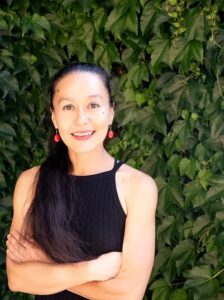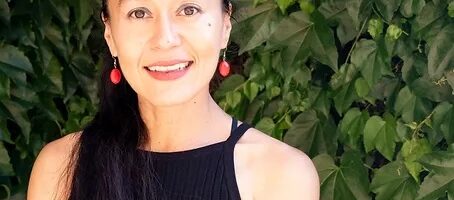Multispecies Methods – Ontological Openings and Epistemic Challenges

14th May 2024, 10am-12pm, Dugald Stewart Building Rm1.17
Industrial processes are uncoupling life from death, diminishing death’s capacity to channel vitality back to the living. Colonial-capitalist logics continue to naturalize the exploitation of natural resources for human ends and the subjection of humans to racialized hierarchies of worth. Posthumanist currents, such as the environmental humanities and new materialisms, foreground the entanglements of humans with plants, animals, microbes, and fungi, whose meaningful lives and deaths are thoroughly, if unevenly, intertwined with our social worlds. They also centre the agentic thrust and processual nature of matter in the co-production of meaning and experience. In doing so, these currents reframe other-than-human entities as matters of concern and care in an epoch of eco-social unraveling.
This postgraduate student workshop will reflect on the ontological openings and epistemic challenges involved in centering other-than-human beings as subjects of anthropological inquiry. Cross-pollinating experiences and struggles across our respective field sites, we will consider the methodological, ethical, political, and practical stakes of decentering the “human” in multispecies research while acknowledging the diverse and uneven ways in which the category of the “human” has itself been historically constructed and stratified. In doing so, we will ask: In what ways is it generative to think within and beyond the categories of dominant scientific frameworks in more-than-human research? What do alternative epistemologies – including Indigenous epistemologies – reveal about the substance, scope, and spectrum of life and non-life? Alongside matter, what role do immaterial or non-secular beings play in the (un)making of politics, justice, and worlds? Who, at the end of the day, are multispecies stories written with and for, and what purpose do they serve in the worlds they story?
To participate, please submit an EOI using this form by 1 May 2024 with the following:
- Name and surname
- Degree currently pursued
- Research project title
- Research project abstract (100 words max)
- What benefits will accrue from attending the masterclass
- 1–3 topics, challenges, or questions you’d like to discuss in the workshop
Bio
Sophie Chao is Lecturer in Anthropology at the University of Sydney. Her research investigates the intersections of Indigeneity, ecology, capitalism, health, and justice in the Pacific. Chao is author of In the Shadow of the Palms: More-Than-Human Becomings in West Papua and co-editor of The Promise of Multispecies Justice. She is of Sino-French heritage and lives on unceded Gadigal lands in Australia. For more, visit www.morethanhumanworlds.com.



